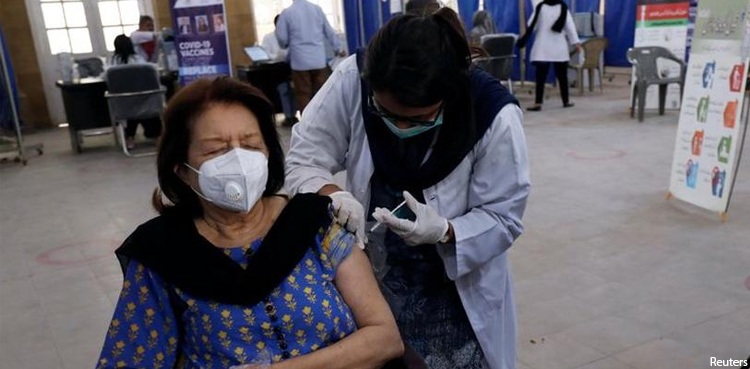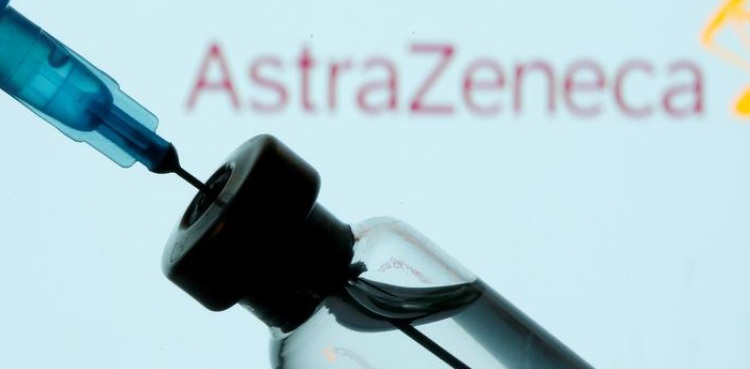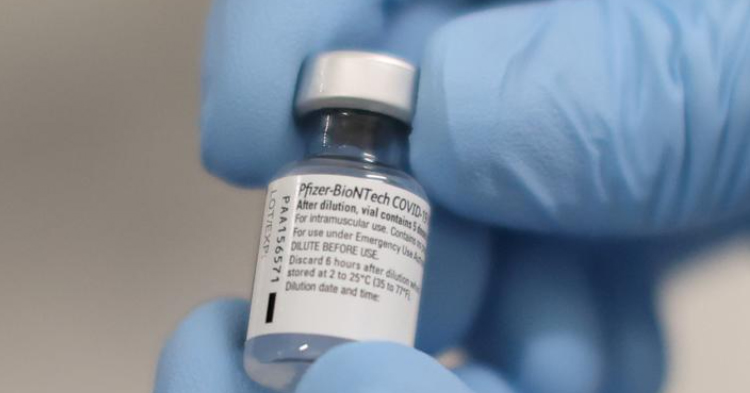
Compared to an unvaccinated COVID-19 patient, a vaccinated person who nevertheless becomes infected with the coronavirus has a much lower risk of transmitting the virus to household members, a large UK study found.
Researchers at Public Health England studied more than 365,000 households with a first COVID-19 infection, including more than 24,000 households in which the so called “index case” of COVID-19 was someone who had received at least one dose of either the Pfizer/BioNTech vaccine or the Oxford-AstraZeneca vaccine.

When the first dose had been given at least 21 days previously – as was the case in 4,107 of the households studied – the risk of virus transmission from vaccinated individuals to their household members was 40% to 50% lower than the risk of transmission from COVID-19 patients who had not been vaccinated, the researchers found.
The effects were similar for both the Pfizer and AstraZeneca vaccines and started to become evident around 14 days after the first dose, according to a report posted ahead of peer review on Knowledge Hub.

Along with the vaccines’ success at preventing infections and reducing the severity of infections that do occur, the new findings show they are “associated with reduced likelihood of household transmission … highlighting important wider benefits to close contacts,” the authors conclude.
The post Vaccines protect unvaccinated household members, too appeared first on ARY NEWS.


0 Comments